Related Research Articles

Heaviside's dolphin is one of four dolphins in the genus Cephalorhynchus. The small cetacean is endemic to the Benguela ecosystem along the southwest coast of Africa.

Hector's dolphin is one of four dolphin species belonging to the genus Cephalorhynchus. Hector's dolphin is the only cetacean endemic to New Zealand, and comprises two subspecies: C. h. hectori, the more numerous subspecies, also referred to as South Island Hector's dolphin; and the critically endangered Māui dolphin, found off the West Coast of the North Island.

Lagenorhynchus is a genus of oceanic dolphins in the infraorder Cetacea, presently containing six extant species. However, there is consistent molecular evidence that the genus is polyphyletic and several of the species are likely to be moved to other genera. In addition, the extinct species Lagenorhynchus harmatuki is also classified in this genus.

The Royal Society Te Apārangi is a not-for-profit body in New Zealand providing funding and policy advice in the fields of sciences and the humanities. These fundings are provided on behalf of the New Zealand Ministry of Business, Innovation and Employment.

Māui dolphin, Maui's dolphin, or Popoto is a subspecies of the Hector's dolphin —New Zealand's only endemic cetacean. Māui dolphins are only found off the west coast of New Zealand's North Island, and are now one of the rarest and smallest dolphin subspecies globally. A 2021 report issued by the New Zealand government suggests the population rests at 54 individuals, but when taking into account recent mortalities, the population could sit at fewer than 40 individuals. Both the Māui dolphin and South Island Hector's dolphin are threatened by commercial fisheries, including set-netting and trawling, recreational netting, and disease including toxoplasmosis and brucellosis. Low food availability may also be an issue for Māui dolphins, which may increase their susceptibility to climate change.

Our Seas Our Future (OSOF) is an ENGO group based in New Zealand. OSOF operates as a volunteer driven, non-profit initiative that focuses on coastal and marine conservation advocacy and community engagement projects in New Zealand.
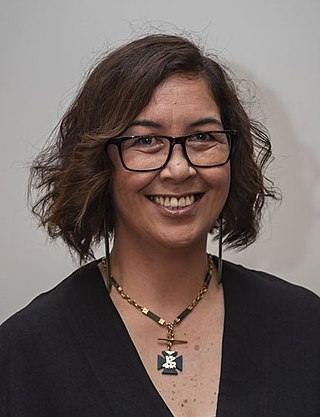
Rawinia Ruth Higgins is a New Zealand academic whose research focuses on Māori language and culture.

Jacinta Arianna Ruru is a New Zealand academic and the first Māori professor of law. Ruru is currently a professor at the University of Otago.
Rachael Waring Taylor is a New Zealand childhood nutrition academic. She is currently a full professor at the University of Otago.
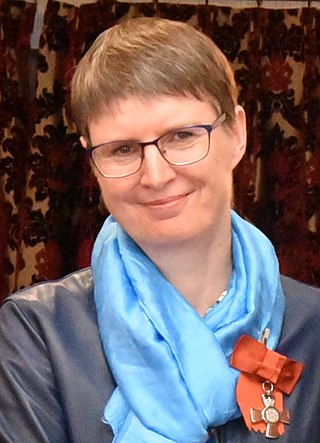
Sally Anne Brooker is a New Zealand inorganic chemist. She has been a full professor at the University of Otago since 2006.
Poia Rewi is a professor and the former head of Te Tumu: School of Maori, Pacific, and Indigenous Studies at the University of Otago in Dunedin, New Zealand. He is known for his work in the areas of the revitalisation of the Māori language and whaikorero. He is a Fellow of the Royal Society Te Apārangi.
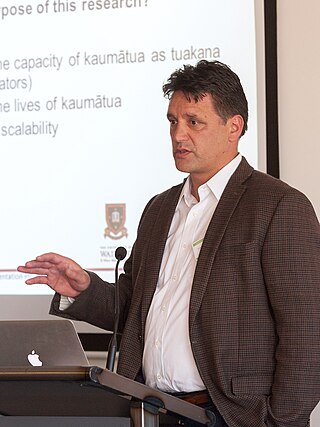
Brendan J. Hokowhitu is a New Zealand academic who is of Māori, Ngāti Pūkenga descent and as of 2019 is a full professor at the University of Waikato.
Suzanne Georgina Pitama is a New Zealand academic, is Māori, of Ngāti Kahungunu and Ngāti Whare descent and as of 2020 is a full professor at the University of Otago in Christchurch, New Zealand.
Sheila A. Skeaff is a Canadian-born New Zealand nutritionist and full professor at the University of Otago. Her research focusses on food literacy, sustainable diets and iodine deficiency.

Atholl John Anderson is a New Zealand archaeologist who has worked extensively in New Zealand and the Pacific. His work is notable for its syntheses of history, biology, ethnography and archaeological evidence. He made a major contribution to the evidence given by the iwi (tribe) Ngāi Tahu to the Waitangi Tribunal.
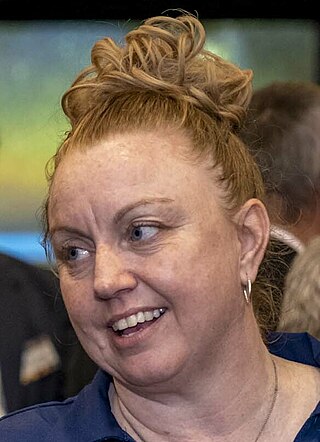
Karen Ann Stockin is a New Zealand academic marine ecologist, and as of 2021 is a full professor at Massey University and a Rutherford Discovery Fellow for Royal Society Te Apārangi. Her research focuses on animal welfare and the impacts of human activities on cetacean populations, including tourism effects, and persistent marine contaminants.
Alana Alexander is a New Zealand bioinformatician at the University of Otago. In 2021, she was awarded a Rutherford Discovery Fellowship to investigate the past impacts of fisheries on Hector's and Māui dolphins, and use genomics to inform models of the future effects of climate change on whales and dolphins.

Lisa Anne Te Morenga is a New Zealand Maori academic, and she is a full professor at the Research Centre for Hauora and Health at Massey University. Her research focuses on nutrition and Māori health, especially in relation to dietary interventions to prevent metabolic disease.
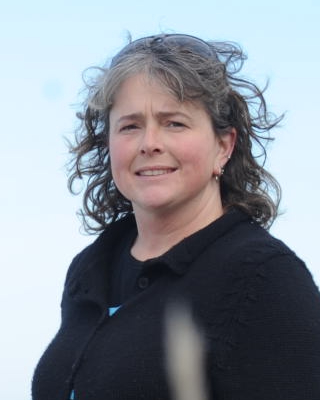
Nicola Rowan Wheen is a New Zealand academic, and is a full professor at the University of Otago, specialising in national and international environmental law, and environmental law and the Treaty of Waitangi.
References
- 1 2 "Professor Liz Slooten, Our People, Department of Zoology, University of Otago, New Zealand". Otago.ac.nz. Retrieved 28 January 2018.
- ↑ Slooten, Elisabeth (1990). Population biology, social organization and behaviour of Hector's Dolphins (Doctoral thesis). UC Research Repository, University of Canterbury. doi:10.26021/7734. hdl:10092/5800.
- ↑ "Inaugural Professorial Lectures 2015 Archive, Inaugural Professorial Lectures, University of Otago, New Zealand". Otago.ac.nz. 19 January 2018. Retrieved 28 January 2018.
- ↑ "Royal Society Te Apārangi - Recipients". Royalsociety.org.nz. Retrieved 28 January 2018.
- ↑ "Professors Liz Slooten and Steve Dawson | Seaweek, New Zealand's annual national week about the sea". Seaweek.org.nz. 12 January 2016. Retrieved 28 January 2018.
- ↑ "Liz Slooten". Royal Society Te Apārangi. Retrieved 11 May 2021.
- ↑ Alison Ballance - @alisonballance (7 April 2016). "Three decades on the tail of Hector's dolphins". Radionz.co.nz. Retrieved 28 January 2018.